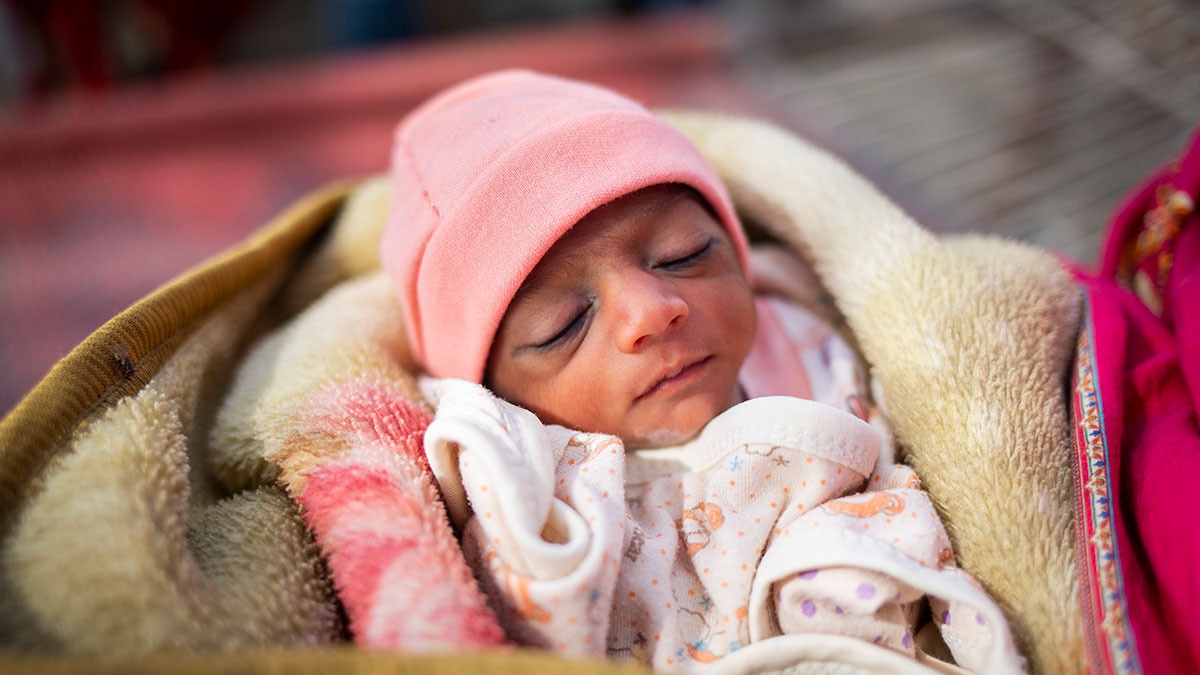Highlights
2024 Theme: Humanly Possible, celebrating 50 years of the Expanded Program on Immunization
Vaccines save lives and protect health
Every year for World Immunization Week, the last week of April, the global immunization community celebrates the lifesaving power of vaccines.
2024 theme, Humanly Possible, celebrates 50 years of the World Health Organization’s Expanded Program on Immunization (EPI). CDC has supported EPI since it began in 1974 with the goal of providing universal access to lifesaving vaccines for children worldwide.

As we honor vaccines as humanity's greatest achievement, we look toward the future of a world free of vaccine-preventable diseases.
- Vaccines save millions of lives each year.
- Vaccines are one of the cheapest and most effective public health interventions that exist.
- Vaccines make it humanly possible to eradicate diseases.
Every child deserves access to lifesaving vaccines that can protect them against illness, disability, and death.
Urgent need to catch up on vaccines
In every region of the world, outbreaks of vaccine-preventable diseases like measles, polio, and cholera are rising.
- During the COVID-19 pandemic, 67 million children missed vaccines they needed to protect them from disabling and deadly diseases.
- In 2022, 20.5 million children missed at least one routine vaccine, and 14 million received no vaccines at all.
- In 2022, nearly 33 million children were left dangerously susceptible to the growing measles threat. An estimated 136,000 people, mostly children, died of measles.
CDC’s commitment to global immunization
CDC's emphasis on protecting people and their livelihoods from vaccine-preventable diseases could not be more critical or more urgent. The pandemic and other recent emerging health threats made it clear that safe and effective vaccines, improved vaccination access and acceptance, and strong immunization programs are crucial to protect health, wellness, safety, and security in the United States and around the world.
CDC collaborates with countries and partners to support the development and implementation of vaccination strategies and programs, and to build capacity to detect and respond to vaccine-preventable disease threats.
